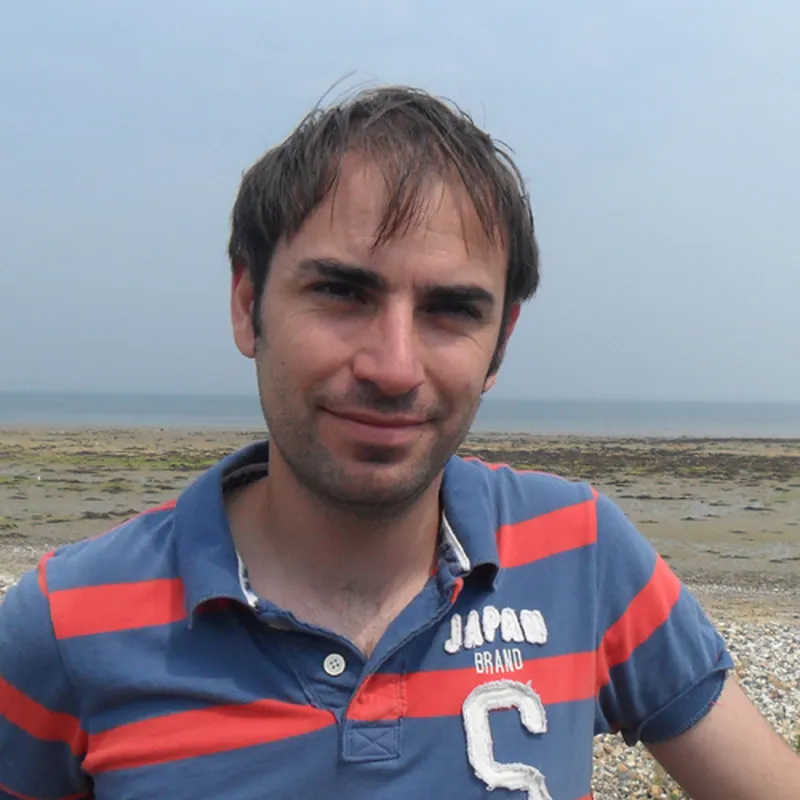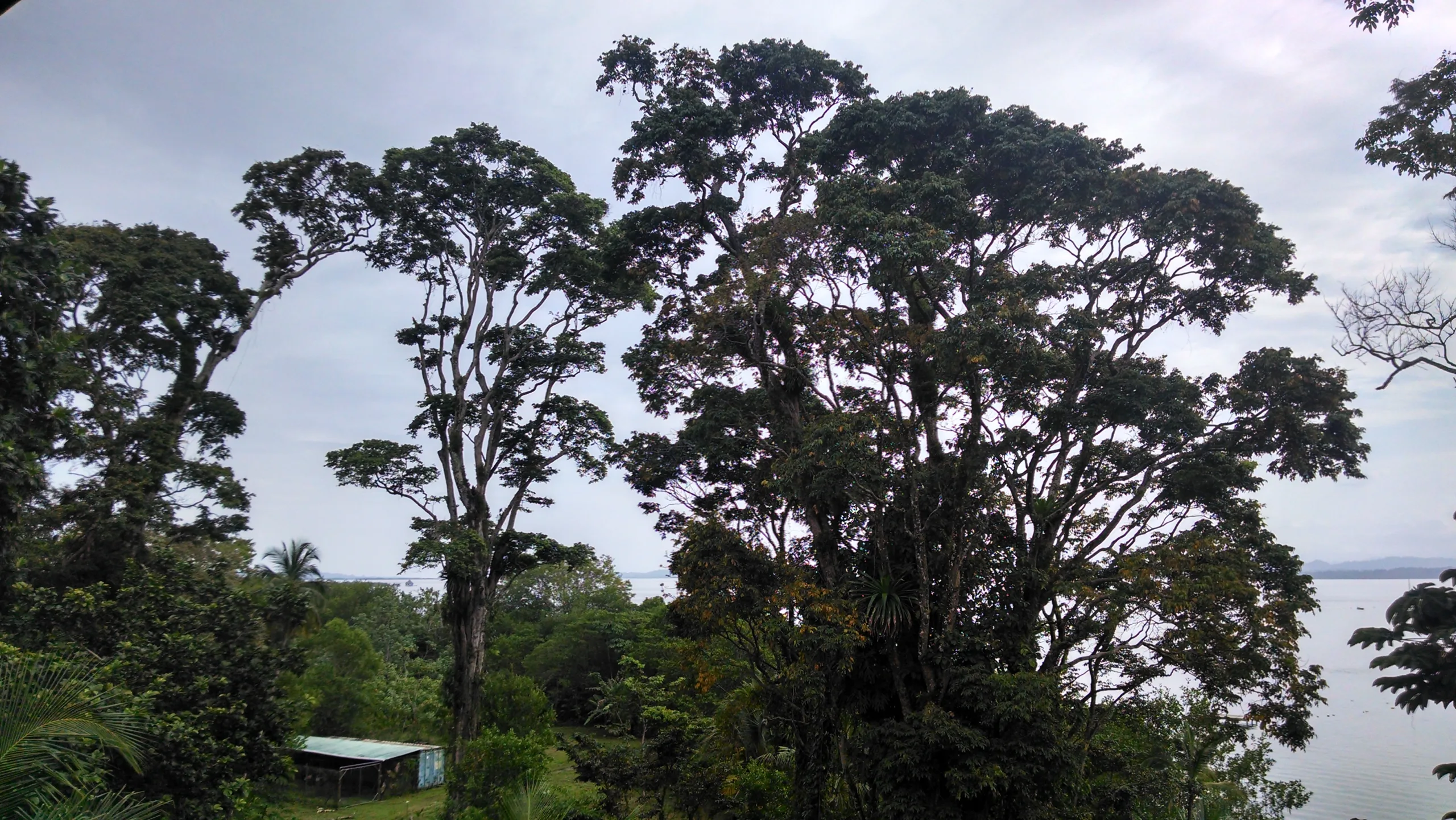
By: Edd Hind, PhD
Extra Dimension of Learning
Classes are done. Grades are in. Our regular schedules are over. One week into Directed Research, and everyone is already heavily immersed in their projects. We split our initial group into three smaller ones, lining up to work with a professor whose academic interests most appeal to us. Everyday we go out into the field and gather data. Some of us get to collect species after species of tropical frogs to test their thermal tolerance to increasing temperatures. Others head into the ocean to monitor invasive lionfish. Still others conduct interviews of the indigenous people of the area to determine their different livelihood strategies.
Whatever the project—be it assessing amphibian resistance to climate change, monitoring invasive species, or discovering a local culture—come dinnertime we gather together and share our daily adventures. Every day brings a new challenge; some days we have great success and others we learn to cope with unforeseen trials. Yet there is no feeling like intensive, locally-based research combined with our knowledge of the environment and being put towards giving something in return. There are some things you can learn in class, and others you can only fully understand by getting your hands a bit muddy. I now feel like I’m a part of a fully functional research station. Everyone is submerged in their project, and our hypotheses, achievements, and challenges is the extra dimension of learning we’ve all been waiting for.

Related Posts

Camila Rojas: Alumni Spotlight⭐

